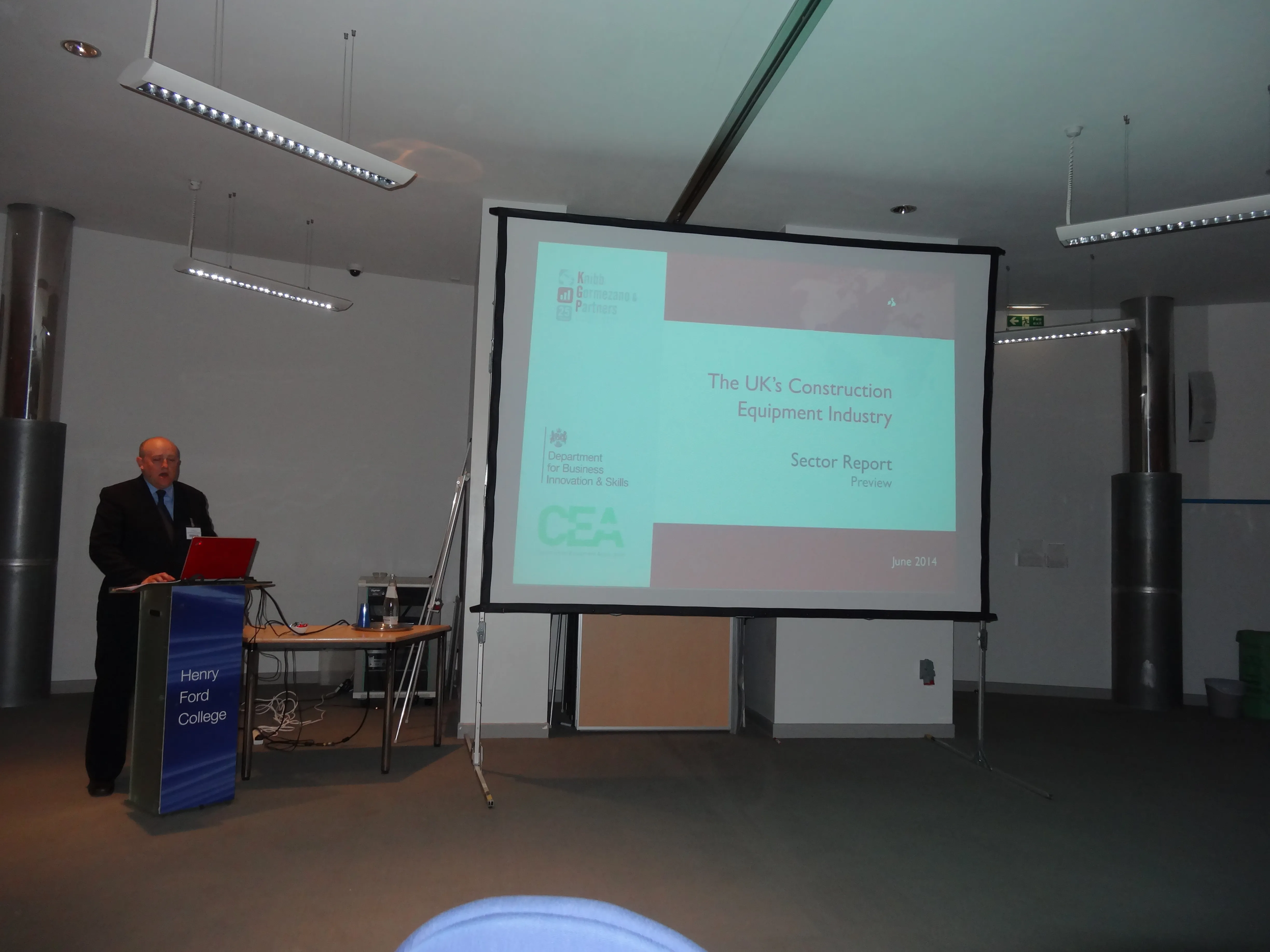Europe’s construction contracting association, the FIEC, is calling for increased investment in training programmes for the construction sector. FIEC president Thomas Schleicher spoke at the Tripartite Social Summit as part of the employers’ delegation, co-chaired by Irish prime minister Enda Kenny, the President of the European Council Herman Van Rompuy and the president of the European Commission José Manuel Barroso. Schleicher said, “The focus of this Summit was on the challenges of the recovery and the
March 15, 2013
Read time: 2 mins
Europe’s construction contracting association, the FIEC, is calling for increased investment in training programmes for the construction sector. FIEC president Thomas Schleicher spoke at the Tripartite Social Summit as part of the employers’ delegation, co-chaired by Irish prime minister Enda Kenny, the President of the European Council Herman Van Rompuy and the president of the 2465 European Commission José Manuel Barroso. Schleicher said, “The focus of this Summit was on the challenges of the recovery and the renewal of the EU social dimension and in this respect it was important to highlight the solutions that our sector can provide and the role it can play as a growth and jobs machine.”
He explained that despite the high levels of unemployment in most EU Member States, the construction sector has problems in finding the right people with the right skills. “There is an urgent need for better anticipating the skills needed, facilitating access to training for SMEs and further investing in training in general and in particular of young people,” Schleicher continued.
He explained that despite the high levels of unemployment in most EU Member States, the construction sector has problems in finding the right people with the right skills. “There is an urgent need for better anticipating the skills needed, facilitating access to training for SMEs and further investing in training in general and in particular of young people,” Schleicher continued.








